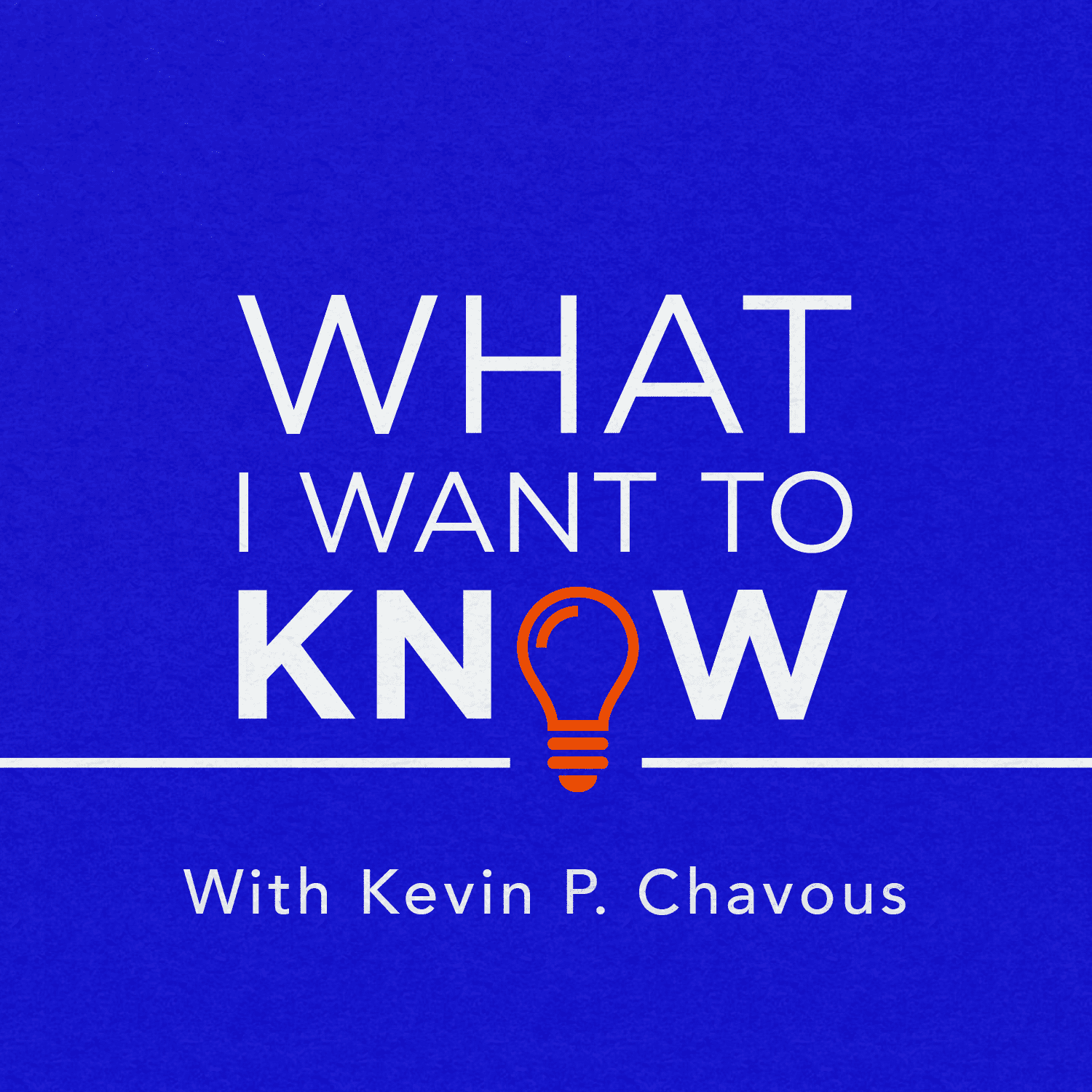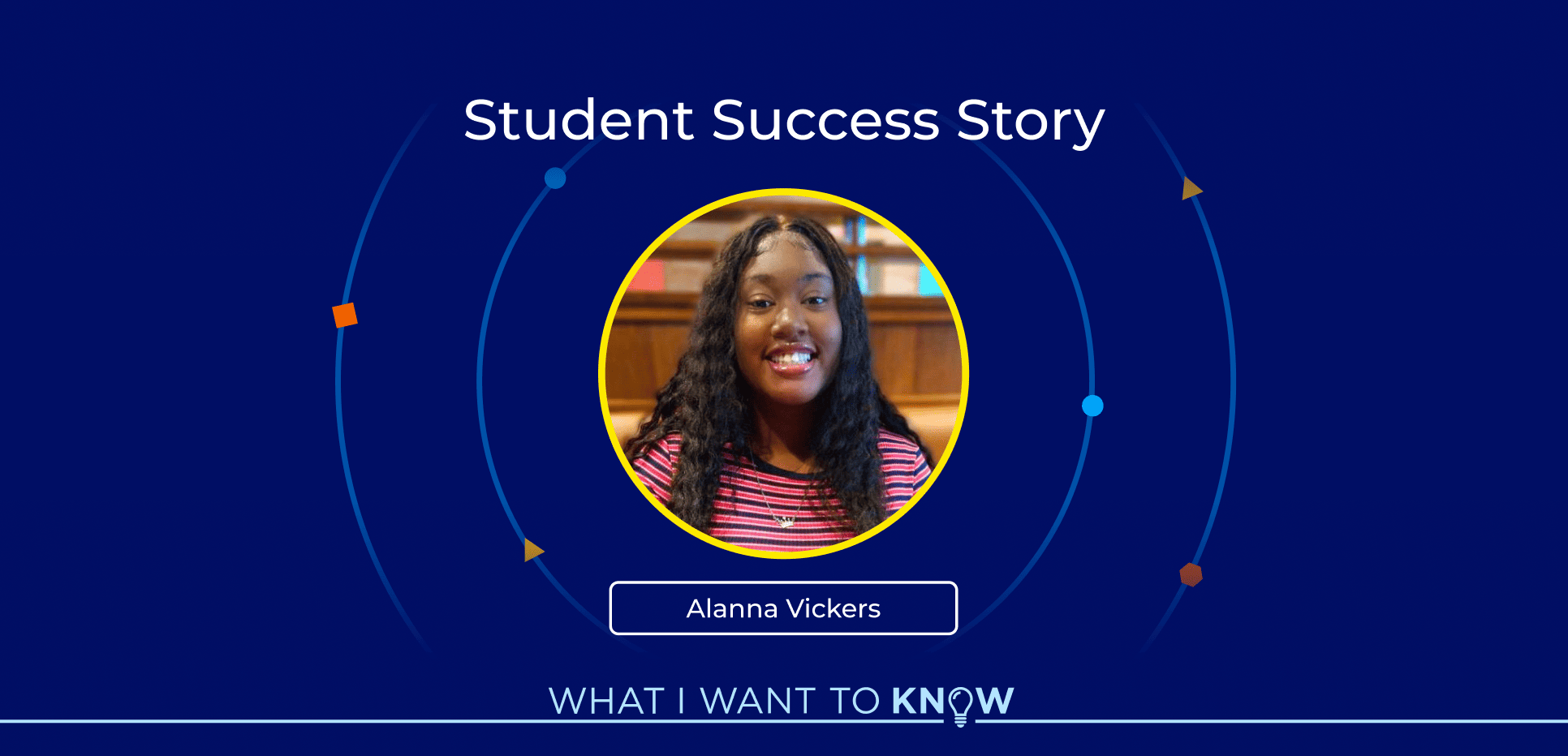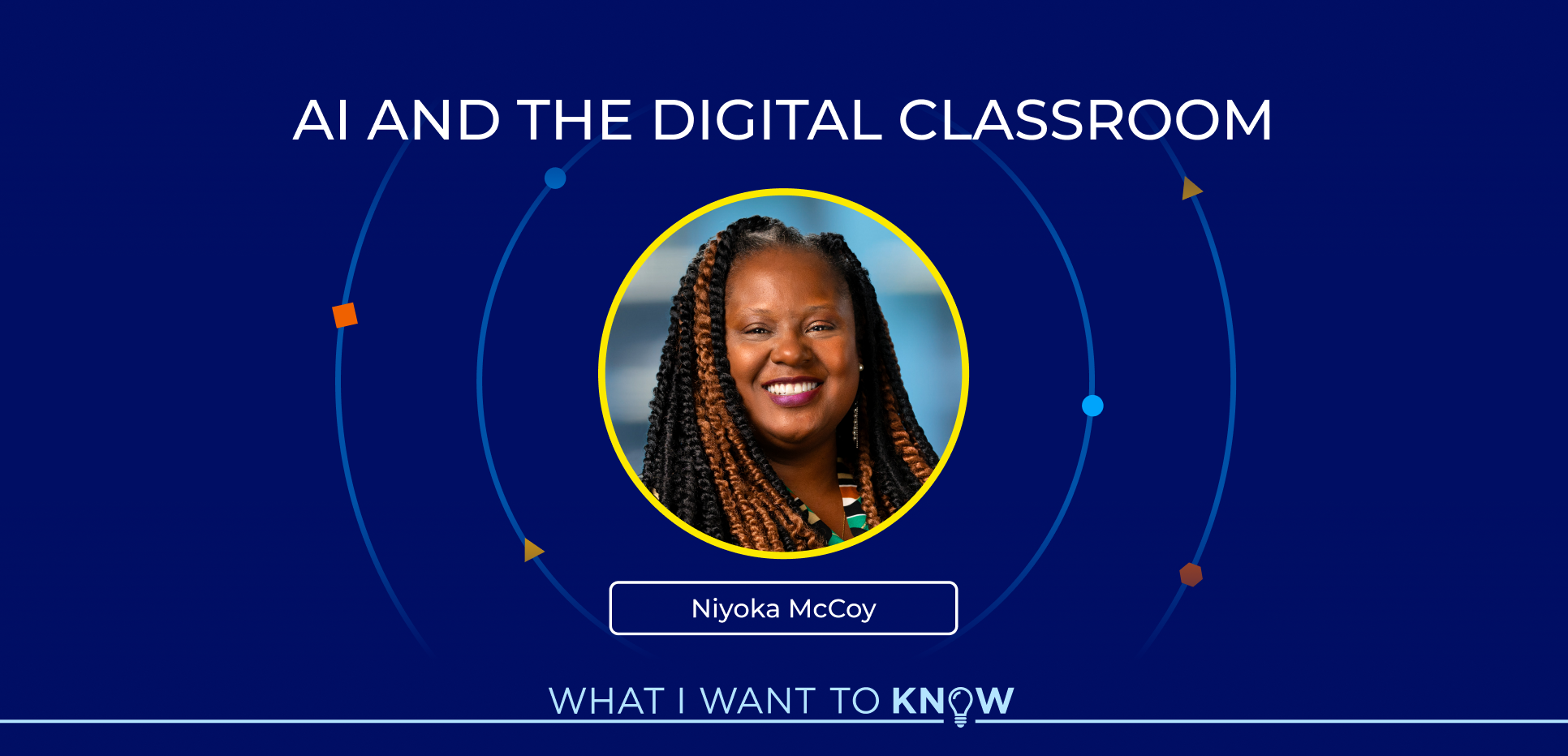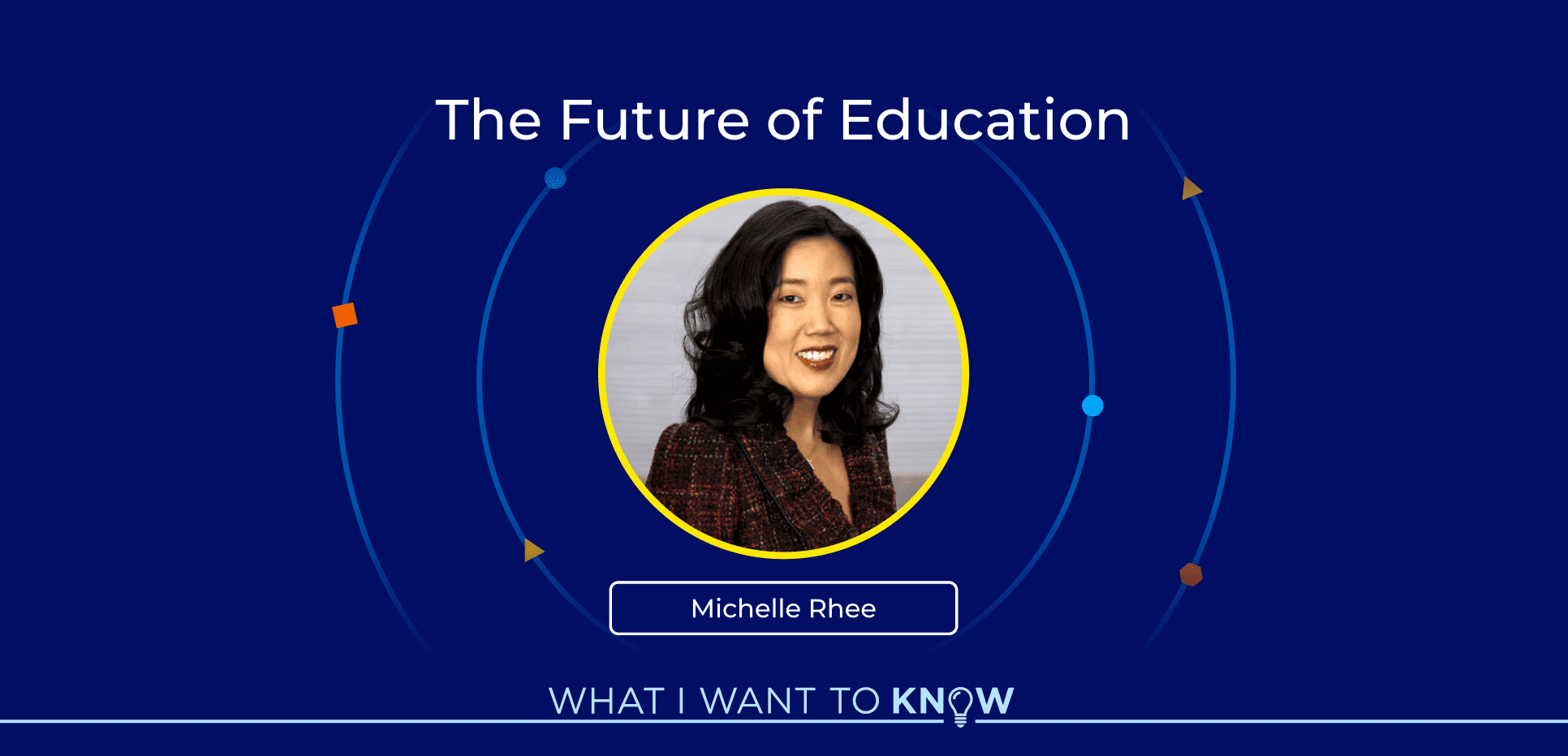Parents and educators alike are increasingly concerned about reading proficiency in the wake of the pandemic. According to a recent study by Amplify, only 55% of U.S. third graders are on track for developing critical reading skills, with at least 30% in need of intensive intervention.
What factors are most important in teaching a child to read, and what are best practices for instruction? How can we support each child’s learning needs to ensure they get on—and stay on—a path to reading success? And what exactly is the “science of reading”?
In this episode, Kevin discusses how we can improve student reading ability and the role educators can play in reading instruction with researcher and author David Kilpatrick.
Listen to the Full Audio
Listen on: Apple Podcast, Spotify
Transcript
Kevin: Parents and educators alike are increasingly concerned about reading proficiency in the wake of the pandemic. According to a recent study by Amplify, only 55% of third graders in the U.S. are on track for developing critical reading skills, with at least 30% in need of intensive intervention. What factors are most important in teaching a child to read, and what are best practices for instruction? How can we support each child’s learning needs to ensure they get on and stay on a path to reading success? Oh, and what exactly is the science of reading? This is What I Want to Know. And today I’m joined by Dr. David Kilpatrick to find out.
Kevin: David Kilpatrick is a professor of psychology at SUNY Cortland and an expert in assessing reading difficulties. He worked with schools in Syracuse as a school psychologist for 27 years and is the author of two books relating to understanding and teaching reading. Today he joins us to discuss how students learn to read and what educators can do to help children of all backgrounds become successful readers. David, welcome to the show.
David: Thank you. Thanks for having me.
Kevin: I mention special edition, David, because this is really an important set of shows we’re putting together that has a particular focus on reading and the reading challenges that we see that exist in today’s schools. But before we get there, I wanted to talk a little bit about your background because you’re in psychology by training and a psychologist. So talk a little bit about how you migrated to that area and what drew your interest to the field of psychology.
David: Yes. I’m a certified school psychologist in New York State and got my doctorate in psychology from Syracuse University. I worked for 28 years in schools. I’ve also taught at the university level for 28 years. Just so you know, those two overlapped. I’m not 82 if you do the math. Yeah. Okay. They overlapped by 22 years. So I’ve had a foot in both worlds for a long, long time. For the last five or six years I’ve just been at the university level.
So, early on in my career, it became clear that the two most common referral factors were reading problems and ADHD. So, those became both of great interest for me. We had to do evaluations and consultations and put together behavioral plans for a wide variety of disabilities, but far and away the two most common had to do with the reading problems and, more specifically, word level reading problems. In other words, if you read something to the child, they would get it much of the time, but they didn’t have good reading comprehension because they weren’t good at reading the words. And then the other was attention problems, which obviously is not our topic today, but it’s still a very common issue.
Kevin: We now see, particularly post-pandemic — if we can really say we’re post-pandemic — but post-pandemic, we can see that the issue of children’s mental health — you mentioned ADHD — all these things that impact children’s mental well-being are becoming more pronounced. We’ve had shows where people talk about the advantages and challenges associated with technology and the lack of brain development because kids have a computer in front of them or a PDA in front of them. All these things are contributing to some of these mental health challenges. And in the school psychology field, as I understand it, not just in New York but around the country, we need more people. So, how did we get there in terms of the reading deficits we see? And then we can talk a little bit about some of the things you’ve unearthed in your research and some of the approaches that you’ve undertaken.
David: And so my focus has been on word level reading, and some estimates have that somewhere in the range of 80% of children with some special education diagnosis if we want — well, or we’ll call it a classification. Diagnosis is kind of a popular term we’d use out in general public or use in medicine, but we’d say a classification or categorization under the Individuals with Disabilities Education Act, I-D-E-A or IDEA. About 80% to 85% of those kids have word level reading problems. It’s far and away the most common issue that kids face that would require some kind of special educational help. So, that’s really why that more or less became my focus.
Kevin: What is word level reading deficit? What does that mean?
David: It means that your ability to read the words off the page are not sufficient enough to work into the background so all your focus can be on comprehension. If you’re a good reader and you’re reading words, they jump off the page at you. You’re not paying attention to the details of that word. You’re not sounding them out. You’re not guessing. It’s there. And so, if somehow your ability to do that is compromised, and it’s not an all or nothing thing, it falls on a fine continuum from mild to severe. And if you have a problem in that area to the point where it affects your comprehension, then that’s the whole point of reading: comprehension, and the word level reading is a big part of that.
Kevin: Can I ask you this, though? How much of that word level problem or challenge, how much of that relates to the environment in which a child is brought up? And they say that if you grow up in poverty, you miss out on thousands of words before you’re in kindergarten. How much of that comes into play?
David: It does. So, it’s been very easy for us when it comes to anything in life in general or in the sciences; it’s so easy for us to want to pick out a cause. Politics. That’s what it’s all about. Either side of the aisle, they know exactly what the cause is, and it has something to do with the other side of any problem. So, it’s very complex. There is a very strong, and nobody should be scared of this, of what I’m about to say, but we have a very strong body of research, hundreds of studies to show that there’s a very significant genetic component to word level reading. Now because there’s a genetic component, people become afraid of that because when we think of genetics in our everyday simplicity, we think of eye color, hair color, skin color, height, or maybe certain other features like that.
Does your tongue curl? Do you have a nape at the back of your neck? Those kinds of things you learn in sixth grade, but those are pretty much localized to very few or even singular genes. When it comes to more sophisticated behaviors like attention, that has a strong genetic component or reading. It’s across a whole multitude of genes, some of which they’re kind of getting close to pinning down, some of which they’re not. And sometimes they get pinned down, and then they find out later, oh no, it wasn’t. Anyway, I’m not going to get into that whole area. But the reality is we know there’s a strong genetic component, but we also know that there’s a strong environmental component.
The underlying problem with word level reading, one of the most significant findings in the last 40 to 50 years, is what’s referred to as the phonological core deficit, phonological core, so that’s one word phrase together as an adjective, deficit. And the phonological core deficit says that the phonology of language is on some level compromised for these individuals, and it makes it hard to read. Now I have to step back a little bit and say phonology has to do with the sounds of spoken language as opposed to just general auditory sounds, environmental sounds we hear, but we also have sounds related to our speech, both in terms of producing speech but also perceiving speech. And as it turns out, the phonological core deficit does not seem to have an impact on, for the most part, on general language development or ability to process someone else speaking. There is a greater percentage of individuals that are slow in terms of developing language that are more likely, and the key is more likely — this is not a hardwired type thing or hard connection — but greater likelihood of having later reading problems.
Kevin: And when you found out that a lot of the school systems were not doing that, then you decided to take some of this into your own hands. Talk about that migration and what you ended up doing as we move into what you have called the science of reading.
David: Well, a couple things. First of all, I don’t refer to it as the science of reading. That’s kind of a name that’s been attached to it. When I hear the term science of reading, I think of a book from 2005 called The Science of Reading, edited by Snowling and Hulme, two researchers, and it’s filled with essays by top researchers from around the country, and it just got updated in 2022.
Kevin: Yes.
David: So that’s the science of reading to researchers. They’re thinking of that book, that volume. But what we normally would say is research, scientific research on reading. And then, of course, the “science of reading” is the effort to try to get some of that information into the classroom.
Kevin: But at the end of the day, we’ve got a problem out here that needs to be addressed, and there’s a disconnect between what the research shows and how we’re applying it in everyday classrooms. And I appreciate the fact that you even pointed out that a lot of the research out there has no practical application when it comes to making sure that our kids, that whatever deficits they have are being addressed. So I really want to get to what you’ve seen out there, understanding that it’s not your research, understanding that you’re the disc jockey, but talk to me about the playlist that parents can count on as a DJ that will help them get better results for their kids’ ability to read.
David: I really tore into this, and one of the first things I learned about was something that the developer of this now calls orthographic mapping. Orthographic mapping is the process we use to remember words. Think about this for a minute, and this is a challenge I put out to literally thousands of people over the last few years. When we’re reading, and we encounter a new word — whether it was in second grade, third grade, fifth grade, ninth grade, or two weeks ago — if it’s a brand new word you’ve never seen before, you use what skills you have, usually, sounding it out. Maybe you need to use context as a backup. And once you know the word, you don’t run and get flashcards. You don’t cover it up and study it. Once you figure out a new word in a passage, all those years, you move on because you’re reading for comprehension.
And we’ve built up tens of thousands of words in our long-term memory, and we don’t even remember how we did it. It just happened. I think that calls out for a scientific explanation, and I believe we have it. So, Dr. Linnea Ehri, who’s now retired down at [inaudible 00:12:23] of New York — she came up with a theory back in the early eighties and tested it out for years. And the very first time people independently tested out her theory… So getting back to your question, everybody’s looking for what’s the teaching technique that I can use with these kids. I totally understand. My wife and I have been having this ongoing problem with our three-year-old dishwasher. Dishwashers should last more than three years, and three different times I’ve taken that thing apart with limited knowledge. I just want to know how to get the dishwasher to work.
I don’t need a whole course on small appliance repair. I don’t need that, right? But teachers need to become small appliance repair people. It’s not just about the specific technique. I need a specific technique to get that dishwasher to do what it needs to do, and that’s fine, and I’ll move on. But teachers need to be the small appliance repair. So they need to understand more than just what the technique is to get something to work. Now here’s the problem. When people hear of “the science of reading,” they think we’re talking about some large cache of studies that compare this technique and that technique, et cetera, et cetera. We don’t have that. We have very little of specific techniques. Almost all the research studies use whole approaches. So say a phonics approach versus, say, a whole language approach. Now, the phonics approach you could compare; there are different phonics approaches that use very different techniques from one another with very little overlap.
And whole language can vary dramatically from one classroom to the next that they’re studying as a comparison group. So it’s not about the techniques; it’s about the idea of what skills need to be developed. What are the skills that need to be developed? And phonics programs develop one of the most important skills kids need to read, and that is code knowledge. The letters on the page are not random. It’s not like in our language, hat is spelled Q-R-Z, and pat is spelled M-W-W; they’re not random. There’s a rhyme or reason to the spelling pattern and how it connects up with our language. Now, English happens to be the most inconsistent of all the alphabetic languages. Thankfully for everybody else’s benefit. But, however, it’s still an alphabet, and it’s still designed to represent those individual sounds, those individual phonemes in our speech stream.
So phonics helps develop that first skill. But what phonics doesn’t do directly, particularly for struggling readers, is get them to remember those words. And that’s where Ehri’s theory comes in in terms of understanding that process. So there are two different levels or components of word reading. Number one, to accurately and efficiently identify a new and unfamiliar word. Think of all the words you and I know. Individuals our age — I see you’ve got a little gray there, I’ve got gray hair — and we’re both very — we read a lot. So we have somewhere in the range of 40,000 to 60,000 words tucked away in our long-term memory.
How many did our teachers teach us? A tiny fraction of that. Maybe a thousand words. I’ll even shoot to the fences and say 2,000 words. Who taught us the other 48,000 words? We taught ourselves. And we encountered it. We sounded it out correctly. And then it kind of magically — and it’s not magic, but it feels that way — goes into our long-term memory. So when we see it again, it jumps out at us immediately. So Ehri goes from being able to identify a word to how we then remember that word. And none of the four classic approaches to teaching reading: phonics, linguistic, whole word and whole language, none of them provides an accurate answer to that question of how we remember words.
Kevin: How do we bring this together and figure out ways to minimize or limit what I would call the superficial debates? I mean, if we’re talking about the best way to help kids get to where they need to be in terms of reading, word knowledge, acquisition, knowledge, understanding, what have you, then some of these debates that we see every day, they’re not coming close to solving the problem.
David: Right, because we’re not working backward from how reading works. We’re working forward from maybe how we were trained in our undergraduate program or the time investment we’ve put into a particular approach. I had to make a major change in my viewpoint when I first started reading this stuff. I had some ideas about reading that were not correct at all, and I had to make that change. And that’s hard. If we were to line up all the different, the four classic approaches: phonics, linguistics, whole word, whole language, the first two are code-based, meaning they focus on the code, the letters and sounds. The second two are meaning-based, where the letters and sounds are kind of peripheral and you might need to muddy yourself in those dirty waters a little bit. But for the most part, we want to go right for meaning.
It’s like you have to build up to that. And so, the meaning-based approaches want to go right for the jugular. They want to go right for meaning. They don’t want to get into all this other “letters and sounds” type of thing. So, each one of those tells you what skills are needed. Each one provides an idea of what skills are needed. And if you find out that that approach is not an accurate reflection of how reading works, then maybe those aren’t skills you need. For example, with the whole language approach, a huge part of it is the ability to become a good guesser by integrating multiple cues available and hints available in the text. But it turns out children who are good readers are not better guessers than children who are weak readers. That is not one of the skills needed for reading.
But that’s what the theory tells us is needed. So the phonics approach takes us halfway across the bridge, so to speak, for some kids all the way across the bridge, but it takes us at least halfway across the bridge because it builds on that necessary skill of being able to efficiently identify a new and unfamiliar word by using the code. But what does it predict about how you remember words? Doesn’t have much to say about that. Some people that write about it say, “Well, once they see it enough times, they’ll remember it.” Okay, so how? How do they just remember it? And why is it you have so many kids that can’t? They’ll see it a bazillion times, and they don’t remember it.
So that calls for another step beyond that to say, “How do we remember words?” And that’s what Ehri’s theory is designed to explain, and it’s done a very good job of doing that. So we need to talk about what are the skills needed, and we’re not going to know what the skills are until we understand how reading works. So think of three levels, how reading works — each one of those four approaches provides a different explanation of how reading works. So, once teachers understand how reading works, understand what the skills are, I’m not going to say the techniques automatically fall in place, but they’re in a much better position to say, “Hey, this would work,” and “Oh no, that’s not going to work.”
Kevin: So, I just have a couple more questions. One is, I understand and appreciate that teachers need to understand how to look backward in addressing the reading challenge as opposed to going forward and the various levels you talked about. But how does this play out in terms of the curriculum that school districts acquire in order to make sure and the training associated with teaching that curriculum? How does that all play out?
David: Well, I’ve not taken any coursework or done any reading in curriculum development, so I’m not the right person to ask, but I can talk about the skills kids need. So, children who are skilled readers develop those two levels of word reading or two components, being able to sound out words and the ability to remember words. And this what seems to be the case, to be able to sound out words and identify words independently, you need to be able to know the letter. You have to have letter sound knowledge. I know that T says, I know that P says. And then you also have to have what’s called phoneme blending. So a child, many kids will do this, and teachers that have worked with kids have seen this: they look at a word like cat and go C-A-T and they look at you and go, “What’s the word?”
And you’re like, “What’s the word? You just sounded it out.” They have a blending problem. So that’s phoneme blending. That’s the two skills you need to sound out words. Now it gets more complex than that, because they learn different patterns like the silent E pattern and all that type of thing. Okay, so Ehri’s theory is pretty well established and well respected in the research literature. And what she’s saying is we are learning to remember words just like when we’re growing up as a child, and throughout our whole life, we are connecting new information to things already stored in long-term memory. What’s stored in long-term memory? The pronunciation. Even if the child is not familiar with the meaning of the word, they’ve heard it. So, if kids hear their parent, one parent say to the other, “Oh, the boss was incensed when he found out,” whatever. Well, if the kid hears that word “incensed” enough times, it’s in their phonological long-term memory. It’s not in their semantic, their meaning long-term memory.
Kevin: So David, last question. This is what I really want to know. Let’s say that you’re talking with a superintendent who runs a midsize school district, and has a lot of reading challenges. What advice would you give them if they wanted to develop the right approach to engaging in training their teachers on how to begin this process of working backward as opposed to working forward and addressing the reading problem that exists with their children?
David: To partly answer your question, there is no statute of limitations on learning to read. There is a window of opportunity that affects fluency. So if you don’t learn to read until fifth grade and you have that aha, now it all pulls together, your peers that you’re being compared to with fluency, how quickly and accurately you read: they’ve had five years of a headstart. It’s almost like you started the race five years behind them. So there is a window of opportunity for fluency, but there’s no statute of limitations on learning to read. So what I’m saying applies across all grade levels. And that is, we need to say, “What are the skills kids need to be good readers?” And what we’ve done now for the last 35 years is we’ve said, “Skilled readers are kids skilled as guessers, and you have to teach them to use these techniques.”
And the scary part is those techniques of trying to figure it out are the kinds of things that struggling readers naturally do when they’re not good at sounding out words and they’re not good at remembering words. What’s left? Use all those different cues to figure things out. So there’s a sense, and this sounds pretty unfortunate, but there’s a real strong sense in which the way we’ve taught reading is to get kids to try to function the way weak readers naturally function instead of the way skilled readers naturally function. And children that have the good phonology, they in a sense abandon those techniques, and they become excellent at phonics and the phonemic awareness. They develop those skills without being taught them because they were blessed with enough of that. And then we have a huge equity issue. The equity issue is when you have parents that have money and you’re in third grade and you’re struggling; what do you do? You pay the hundreds or thousands of dollars for the child to be tutored and get what they did not get.
If you don’t have that, what happens? You continue to struggle, and that does not get itself corrected. The good news is the Queen Mary, is that right, one of the big ships, right, it’s starting to turn around. It’s starting to turn around. So you have state departments of education saying, “We know there’s an issue here. We’ve been hearing all the excuses as to why these kids aren’t reading, and we’re not buying it anymore. We know it has something to do with the instruction.” So there are organizations that have started up: Decoding Dyslexia. The Reading League has started up recently, and as a result of these efforts by a lot of different people, we’re slowly starting to turn things around. We’re far off because the approaches that don’t work well are still the dominant approaches of teaching reading, but there is a glimmer of hope ahead. Let’s just put it that way.
Kevin: And that’s very encouraging. And David Kirkpatrick, I really appreciate the work you’re doing. Also appreciate the conversation. I learned a lot. I’m sure our listeners and viewers will. Thanks for joining us on What I Want to Know.
David: Thank you very much.
Kevin: Thanks for listening to What I Want to Know. Be sure to follow and subscribe to the show on Apple Podcast, Spotify or your favorite podcast app so you can explore other episodes and dive into our discussions on the future of education, and write a review of the show. I also encourage you to join the conversation and let me know what you want to know using #WIWTK on social media. That’s WIWTK. For more information on Stride and online education, visit stridelearning.com. I’m your host, Kevin P. Chavous. Thank you for joining What I Want to Know.
Meet David
David Kilpatrick is a professor of psychology at SUNY Cortland and an expert in assessing reading difficulties.
He worked with schools in Syracuse as a school psychologist for 27 years and is the author of “Essentials of Assessing, Preventing, and Overcoming Reading Difficulties” and “Equipped for Reading Success.”






